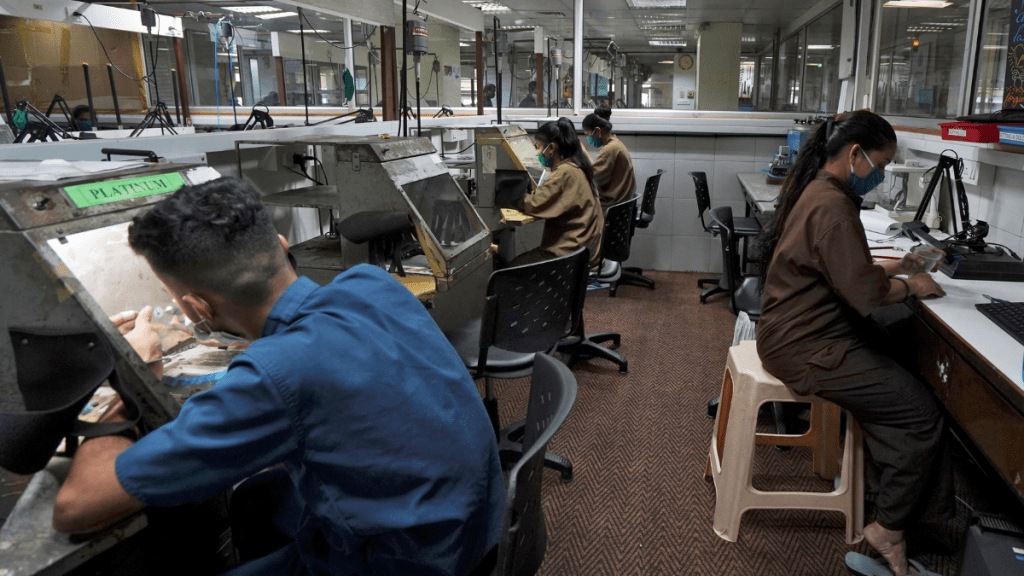The government’s attempt to create an integrated-data set on the employment scenario of the country will significantly aid job creation, as it will help in identifying gaps in policy implementation and will enhance coordination between several ministries, say experts.
Last week, Labour Minister Mansukh Mandaviya, while chairing an inter–ministerial meeting on employment generation, said that a “core group of officials” drawn from multiple ministries will work towards creating employment in the country. This will include integration of several data sets, which currently “exist in silos”.
“An integrated, centralised database on employment will offer a complete picture of the job market. A detailed data on employment trends, skill disparities and regional variations will help in the design and implementation of more targeted job creation programmes,” said Shreevardhan Sinha, senior partner, Desai & Diwanji.
Jasmine Damkewala, senior partner at Circle of Counsels said that an integrated or singular data set will help optimising labour and increasing operational excellence. “This will bring about standardisation of operations and better employment opportunities, since the data would show the problem of scarcity of labour in some states and excess availability of labour in other states.”
At present, there are majorly two data sets to measure employment generation – the Periodic Labour Force Survey (PLFS), released by the statistics ministry, and the payroll data released by Employees’ Provident Fund Organisation (EPFO). Enrolment in the EPFO, tracked by the labour ministry, will form the basis of the three employment linked incentive schemes (ELIS), announced in the Budget for FY25.
The inter-ministerial meeting was held soon after the Budget announced three employment-linked incentive (ELI) schemes for two years, and an internship programme in partnership with private corporations for five years.
The schemes under the Prime Minister’s Package for Employment and Skilling have received a Budget outlay of Rs 2 trillion, spread over the next few years. For FY25, the schemes have been allocated Rs 12,000 crore, out of which Rs 10,000 crore has been allocated to labour ministry for the three ELI schemes and Rs 2,000 crore has been given to the corporate affairs ministry.
In the inter-ministerial meeting, Madaviya said that the Budget is “youth and employment-centric”, and emphasised the need to prepare the youth with adequate skill sets and professional qualifications to match their demands.
He also urged industry bodies to identify young people and offer them internship opportunities, thereby securing jobs and joining the government in improving lives.
CoC’s Damkewala said that to skill the youth for optimization of available capabilities, the government can organise training camps from time to time in order to identify the skill sets of the individual labourer so that he can be a better fit in his chosen industry.
